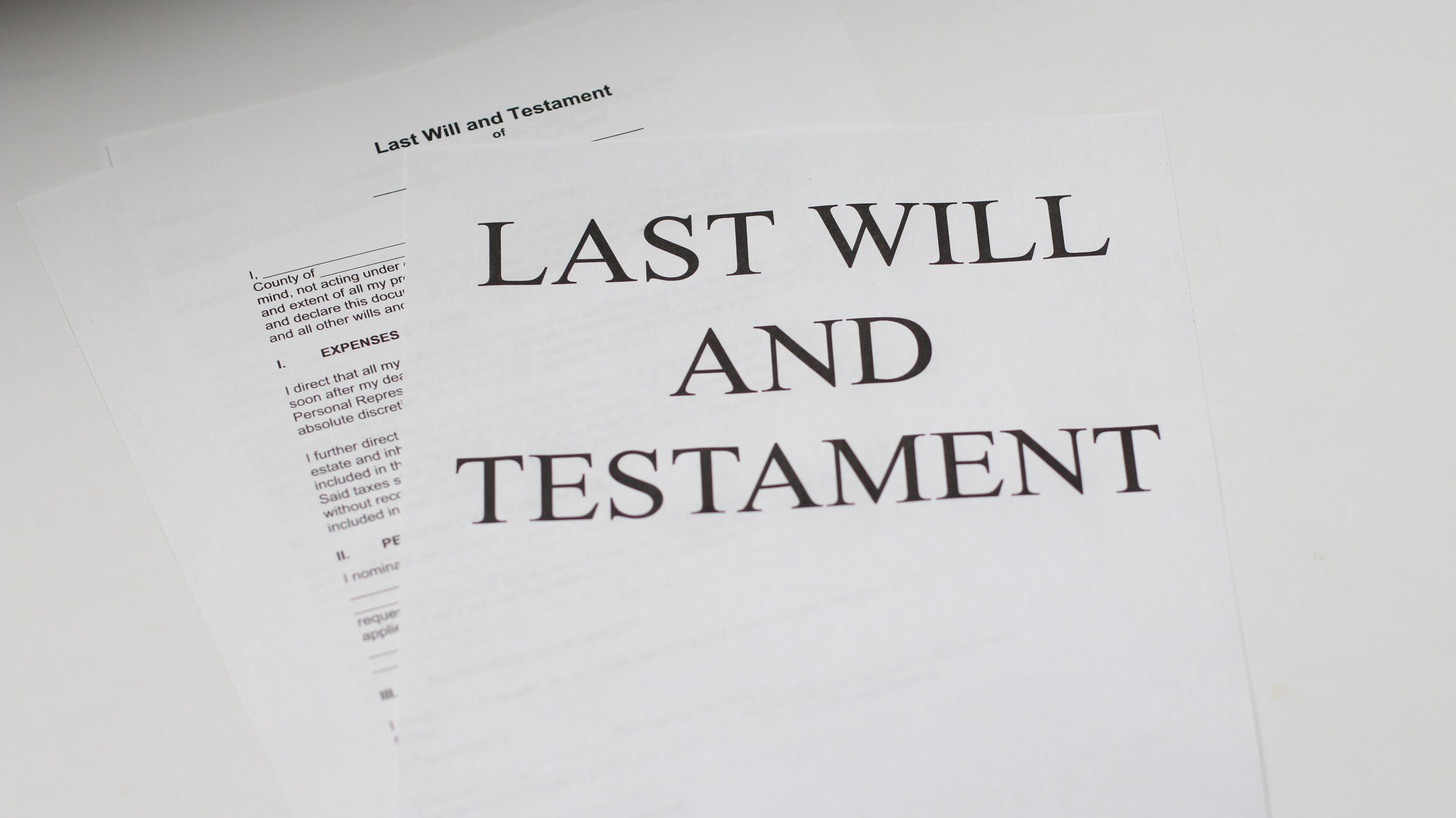Dear Mr. Dad: My mother passed away several years ago and my father suffers from dementia. They were great parents and are definitely role models for me as I father my own children (ages 7, 12, and 16). The problem is that when my kids ask me questions about their grandparents, I barely have any answers. Although both of my parents were very involved in all aspects of my life, including school, sports, music, and so on, they almost never told me anything about their own lives, especially when they were kids. I have so many questions and it makes me incredibly sad—and a little angry—to realize that I’ll never be able to get answers. I don’t want to make the same mistake my parents did. Is there some way I can make sure my kids will know me after I’m gone?
A: Thank you for such a thoughtful question. Although both my parents are, thankfully, still alive, I’ve been thinking about this exact thing for quite some time, and I know there are plenty of others like us. As parents (and especially as dads), when we talk about providing for our children, the discussions tend to focus on the financial—insurance, college savings, and so on—and we overlook the kind of intangibles you mentioned. But giving our children the knowledge of who we are, our life experiences, our triumphs, our failures, our family history, and our personal philosophy is a gift that’s just as important as money. Maybe even more so.
Just think of all the knowledge we have about our kids: We know how much they weighed when they were born, when they rolled over, when they took their first steps, the name of their favorite stuffie, who their friends are, what size shoes they wear, whether they wet the bed or not, who their favorite—and least favorite—teachers are, what they like to read, the trouble they got into, and the story behind every scar—real or imagined.
But how much do our kids know about us? Probably not nearly as much. And that’s a mistake. By not telling them about ourselves—where we came from and how we became who we are—we’re doing them a tremendous disservice. At the very least, our stories can bring us closer together. Stories let them know that we’re not just lecturing them about life, that we’ve actually lived it, that we’ve had experiences that are similar to theirs, and that we really understand them.
Just to be clear, I’m not taking about teachable moments or being a good role model. There’s definitely a place for both, but this isn’t it. This is simply about introducing ourselves and our history to our children. The first step towards that goal is to remind ourselves of our stories. What was life like when you were growing up? What were your earliest memories? What were your favorite subjects in school? How did it feel when your first romantic relationship ended?
Kids absolutely love these stories—especially the ones where you’re less than perfect. Mine, for example, still enjoy hearing about when I got caught shoplifting in 3rd grade, the many times I got my butt paddled in the principal’s office as punishment for a variety of misdeeds, or the time I was detained and interrogated by the KGB on trip to the then-Soviet Union when I was 19.
Write down as many of your stories as you can think of or do audio or video recordings. You might even want to start a blog. And remember, it’s not always about the past. The experiences you have right now—things as mundane as what you did at work today—are all part of your living legacy.
Photo by Melinda Gimpel on Unsplash
This article first appeared on MrDad.com




